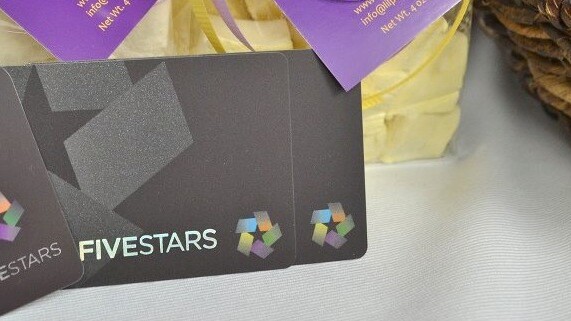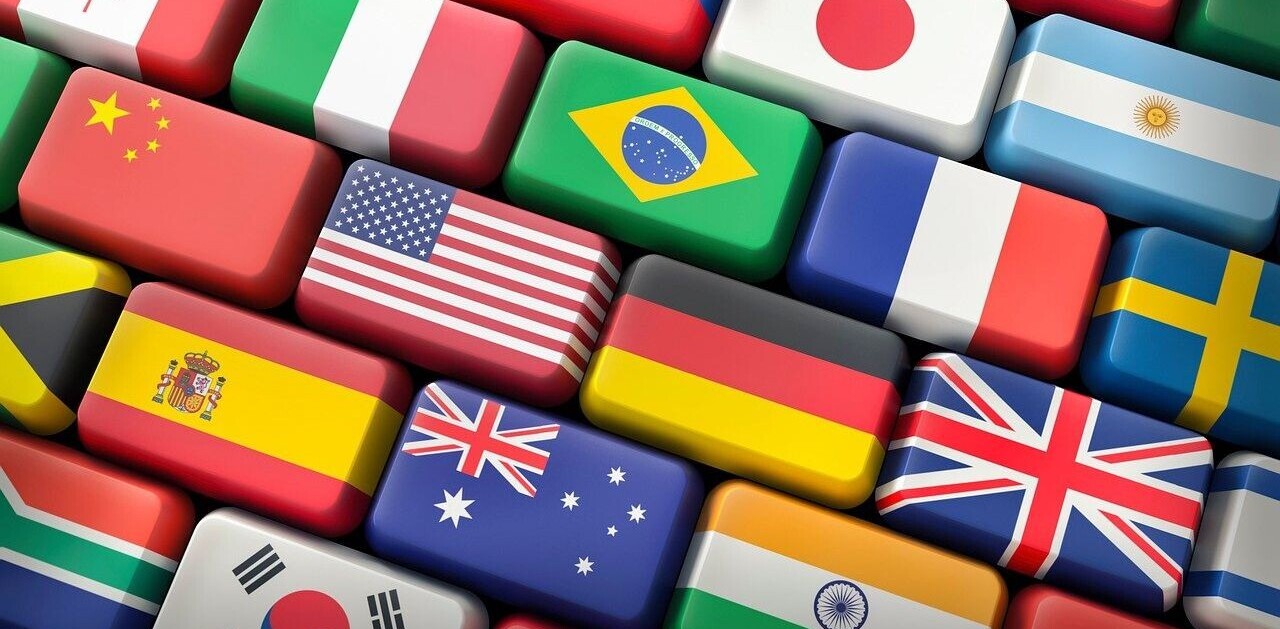
With the hype surrounding daily deals subsiding, lots of people have been asking the inevitable “What’s next?” for local businesses. US-based loyalty platform FiveStars thinks it has the answer, so we spoke with the startup’s new marketing VP Chris Luo, who also worked with small businesses at Facebook and Google, to find out what the company is up to.
“Having worked previously at Google and Facebook, I’ve had a bird’s-eye view into how technology is impacting small businesses,” Luo said in an interview.
He formerly served as Google’s head of acquisition marketing in Asia Pacific and most recently worked as Facebook’s global head of SMB marketing.
“Google, Facebook, and daily deal companies have invested a lot in local but are still figuring out how to help local businesses drive sustainable long-term repeat business and ongoing word-of-mouth in an automated way, but technology is finally making this possible,” Luo said.
That’s where FiveStars comes in. According to Luo, the company’s mission is to “help businesses and communities thrive by turning every transaction into a relationship.”
FiveStars isn’t the only startup in the loyalty program space – Belly and LevelUp come to mind. It does, however, have several advantages. Founders Victor Ho and Matt Doka met while working on customer loyalty programs for companies like Macy’s at consulting firm McKinsey. They’re also some of the first to figure out an integrated loyalty card program that works with the vast majority of point-of-sale systems used by most business owners.
FiveStars’ decision to work within the pre-existing POS infrastructure is an interesting one. Many of these systems are antiquated and there are hundreds of different models. Jack Dorsey’s Square took a different path by just modernizing the POS with its own smartphone/tablet based solution. It remains to be seen whose strategy will win out (though there’s plenty of room for both to succeed), but FiveStars’ route definitely has less friction for the merchant.
With its proprietary patented technology, FiveStars has figured out how to be interoperable with 90 percent of merchants’ POS systems. “That’s the magic of it,” Luo said.
Making a frictionless transaction for the customer is also one of FiveStars’ aims. As such, they’ve stuck to traditional physical loyalty cards instead of newfangled smartphone-based solutions. Luo says the company is open to moving in that direction in the future, but for now the average consumer isn’t ready.
“If you do surveys, most people prefer a card that they can put in their wallet or on their keychain. That’s still going to drive the highest rate of usage and adoption versus a mobile app that gets downloaded.”
So far, it seems to be working. FiveStars merchants have on average over 500 users, and some of the most popular vendors have hit thousands of users. Successful examples of this include the Tpumps bubble tea shop in San Mateo, CA and Armadillo Willy’s, a small barbecue restaurant chain in the Bay area.
FiveStars sees itself as a point-of-sale CRM, like SalesForce is a CRM for sales organizations of all sizes.
Mainstream adoption is an ongoing challenge for FiveStars. It already has several hundred thousand cardholders across 20 cities and is adding hundreds of merchants on a monthly basis, but it has a long way to go to make itself truly universal.
Still, the company is already generating revenue and has money in the bank for its runway. It was part of the Winter 2011 Y Combinator class and raised a seed round of $2 million from several notable angel investors. In August, it completed a $14 million Series A round with Lightspeed Venture Partners and DCM.
Luo says the $16 million raised to date should last for a while and FiveStars doesn’t plan to “actively fundraise for the foreseeable future.”
Speaking of the future, I asked Luo what FiveStars has planned coming up.
“What we really want to do is to continue to innovate on both the merchant as well as the user experience,” he said.
The company is looking to add features to the merchant side of the loyalty program. It’s currently working on leveraging its POS integration to optimize rewards based on actual dollars spent and to provide richer data to merchants. Gift card functionality is currently in testing with one client and could see a wider rollout next year.
On the user side, FiveStars is aiming to attract more merchants to make the cards more useful for users. It also plans to improve the Web and mobile experience next year, with an eye to making discovering new FiveStars merchants even easier, which will help FiveStars drive valuable referrals to its participating merchants.
FiveStars looks to be gaining some serious momentum and we’ll definitely be keeping an eye on the company in 2013.
Image credit: Li’l Puffs
Get the TNW newsletter
Get the most important tech news in your inbox each week.





